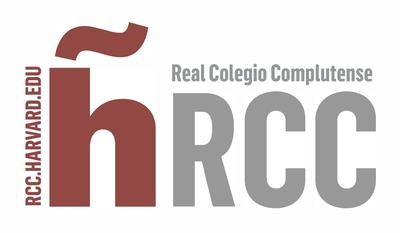Date:
Location:
On 18 March 2016, a statement setting out how the European Union and Turkey intended to address the so-called ‘refugee crisis’ was published in the form of a Press Release. Among the main points, of the entitled ‘EU-Turkey Statement’, highlights the establishment of new measures in the management of human mobility along the Greek-Turkish border. Three asylum seekers nationals from Pakistan and Afghanistan claimed to the European Court of Justice the annulment of the alleged Statement as a decision attributable to the European Council, which infringes EU law both in its content an procedure. The Court declared its lack of competence to hear and determine the judicial actions. The reasoning was based on the fact that it has no elements to prove that the Statement emanates from any institution, body or agency of the EU.
On this talk the speakers present a research in progress about the legal implications of both the Statement and the conclusions of the Court. They argue that reasonable doubts can be raised about the stated Court’s lack of jurisdiction to review the legality of the EU-Turkey Statement. With the aim of shedding light on the critical impacts for the protection of rights and legal guarantees, they will examine some of the voids in the Court’s Order. In doing so, it is observed how the Statement has triggered a procedure of informal decision-making by which the European Council jeopardizes the EU legal system and leaves the application of the legal guarantees in limbo.
How could migrants and asylum seekers be repelled at the Greek-Turkish border by depriving their access to the EU law and judicial control? Before which court can they claim their rights? What are the consequences of leaving this case without judgment? What are the implications of not bringing under judicial control statements like this one? The analyzed case shows that the involved institutions open up the possibility that, in future, the European Council will use EU law and its decision-making procedures, without having to respect its procedures or submit to its control.
Speakers: Jose Manuel Martínez Sierra, RCC Director, Jean Monnet ad Personam Professor in EU Law and Government, Co-chair European Union Law and Government Study Group and Co-chair Southern European Study Group, Center for European Studies at Harvard University; Keina Espiñeira. RCC Postdoctoral Research Fellow, Visiting Researcher at the Institute for Global Law and Policy at Harvard Law School.
Sponsor: RCC
